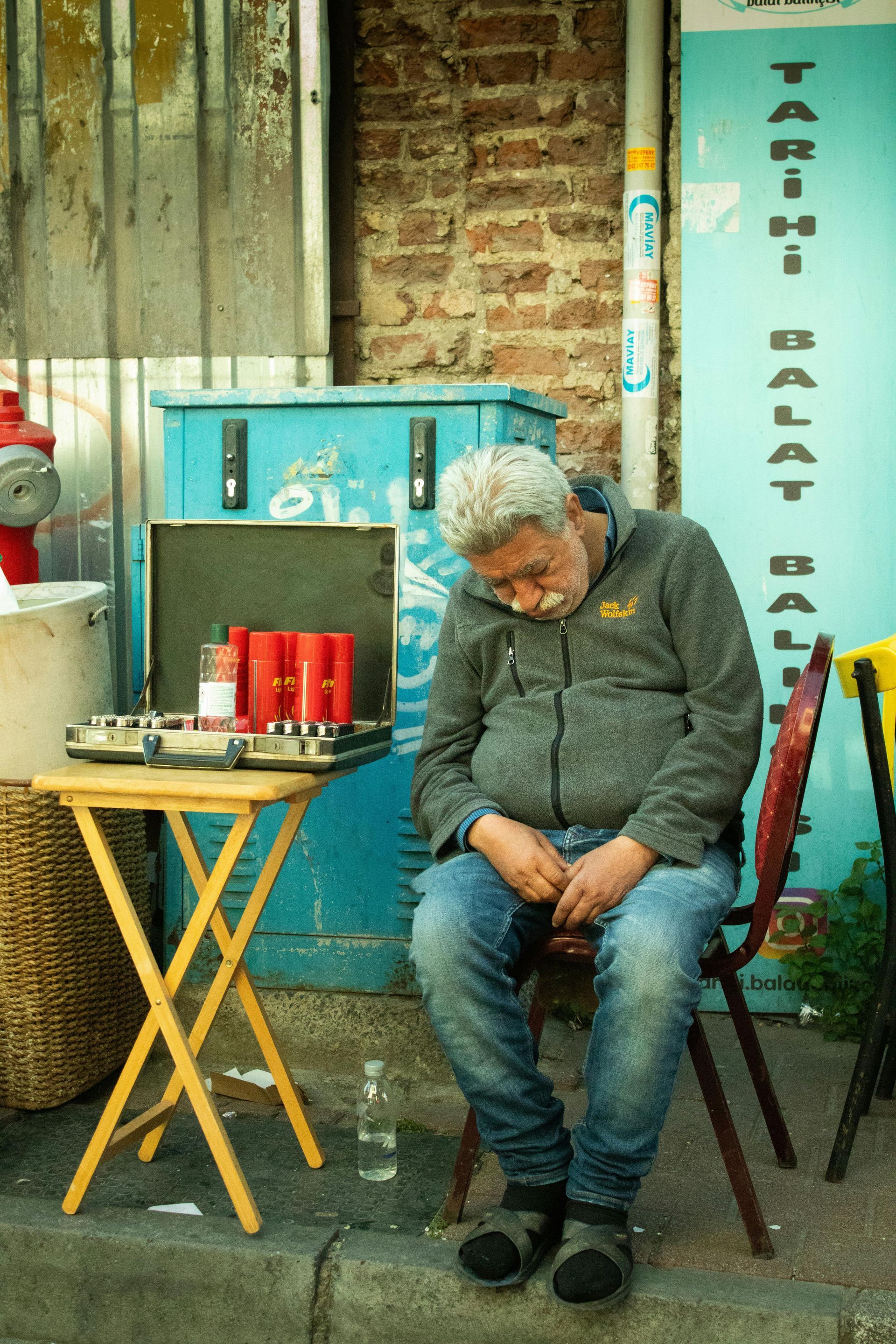Parental Burnout Found Harmful for Parents and Children
Most parents try their best to protect and nurture their kids. However, the stress of being a “perfect parent” can often lead to burnout. Parental burnout is defined as an intense exhaustion that may result in parental neglect and even harm or thoughts of escaping. Mothers and fathers may start to question their parenting abilities and feel detached from their children.
Lead researcher of UCLouvain, Moïra Mikolajczak along with her co-authors Isabelle Roskam and James J. Gross, became interested in parental burnout through their clinical encounters with “good parents.” As a result of their exhaustion, parents who were afraid of neglecting their children eventually did.
There has been previous research conducted on this subject in the past, but there was also still a lot to learn. Mikolajczak and colleagues decided to follow parents and directly examine the outcomes associated with parental burnout in two different studies.
Research Studies
In the first study, the research team recruited 2,068 parents through schools, pediatricians and social networks. Most of these parents were French-speaking adults in Belgium who agreed to complete three sets of online surveys spaced approximately five and a half months apart. They included:
- A six-item measure that scaled their thoughts about escaping their family
- A 15-item measure that scaled their tendency to engage in psychological, physical and verbal violence
- A 17-item measure that scaled the degree to which they neglected their children’s physical, emotional and educational needs
- A 22-item measure that scaled emotional exhaustion, emotional distancing, feelings of inefficacy
Since many of these probing questions could be seen as sensitive, the researchers also measured the participants’ tendency to select the most socially desirable response when asked.
Results
While 2,068 parents participated in the first survey, only 557 were still participating by the end, a third survey. The data revealed a strong association between burnout and three variables: parental neglect, parental violence, and escape ideation, at each of the first, second and third periods.
The researchers found that parental burnout at the first and second survey was associated with later parental neglect, violence and escape ideation. Parental burnout and neglect appeared to have a circular relationship in that burnout led to increased neglect, which led to increased burnout. In addition, parental violence seemed to be a clear consequence. These patterns continued even when researchers took into account participants’ tendency towards socially desirable responses.
The second online study produced similar findings, but involved mostly English-speaking parents in the UK. Based on the data from both studies, researchers determined that parental burnout is likely the cause of parental neglect, parental violence and escape ideation. Additional studies with broader samples and measures are required to confirm these findings, but the pattern of results suggests an important lesson to be learned.
Overall, parents should understand that self-care is good for both themselves and their children. Whatever allows them to recharge and avoid exhaustion is crucial to their children’s well-being. If parents feel exhausted, they should seek help. Health and child service professionals should also be informed about parental burnout to accurately identify and diagnose it. In turn, they would be able to provide the most appropriate care.
References
Parental Burnout Can Lead to Harmful Outcomes for Parent and Child. (n.d.). Retrieved from











